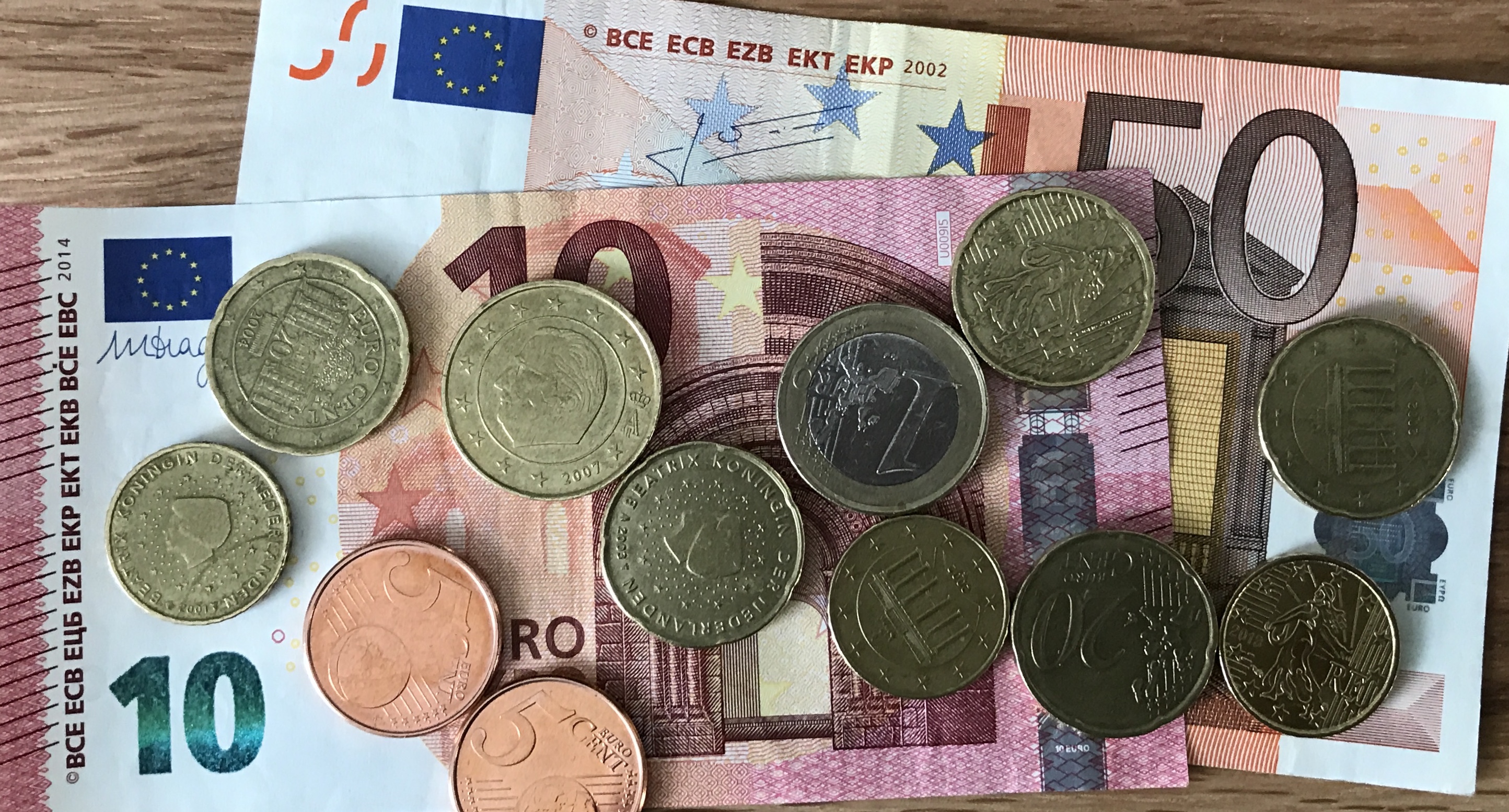The constant claim of the Brexiteers, amid their ‘they need us more than we need them’ narrative, is that without the U.K. there is a gaping hole in the EU budget that will cause the remaining 27 a near-existential crisis. The truth is rather different - there is certainly a hole the budget but it’s extent and significance is wildly exaggerated.
This week Key players in the budget drama met to explore EU finances Post-Brexit. The EU’s budget planning is a seven year cycle known rather grandly as is the Multiannual Financial Framework (MFF). Much of the UK’s ‘debt’ to the EU relates to the commitments made during the current MFF. The next cycle runs from 2020, conveniently just after the UK is scheduled to have left - to many EU leaders see it as a clean slate.
The trouble with any debate on EU finance is the amounts are vast - but so is the continent. In reality the EU Budget sticks to around 1.2% of GDP - a tiny slice of member state spend.
The funding gap led by the UK’s departure roughly between 12-13 billion Euros, amounting to between 8% and 9% depending on how it’s calculated (1). Not a small gap but much less drastic than the shortfalls facing local Councils in the UK since the Conservatives regained power in 2010. There are all sorts of options open to the EU27, it’s really a question of political will.
There are, of course, some who would wish to take the opportunity to reduce EU programmes, but judging by the rhetoric EU leaders are instead focused on how to restructure EU spending to ensure it better delivers the EU27’s shared goals. Commission President Jean Claude Junker talked of a ‘no cuts’ budget while Gunther Oettinger, the Commissioner in charge of budget, spoke of an even stronger focus on pro-growth, pro-innovation and pro-youth programmes; Erasmus+ and the research fund Horizon2020 as well as the need to maintain ‘cohesion’ spending - the EU’s jargon for infrastructure and social investment in less well-off states and regions. But all of this is wishful thinking if the income gap is not addressed.
Of course there might be some reductions - there are always programmes the time for which is passed and, in a budget of €160 billion or so, always room for efficiencies. But the scope for income growth is considerable. Across the EU aBridging the income gap a direct Financial Transaction Tax (FTT) is a potentially lucrative option even at very small percentages, while there is also much talk of climate/sustainability related levies, such as on unnecessary plastic packaging. The latter carries a risk, the former less so, because the best taxes are the least avoidable. The point of levies aimed at behavioural change is that they ARE avoidable! There are also a whole range of creative financial instruments available to maintain programmes based on loan financing and credit arrangements.
So just for example €3 billion, 2% or so, of efficiencies, €5 billion of new income and €5 billion from the use of financial instruments. The income gap starts to look less of a crisis and something of an opportunity to re-position how the EU thinks about its budgeting. The stumbling block remains the willingness of member state governments to back their rhetoric of unity with their wallets.
But if the UK were to go through with the self-harm of quitting the Single Market membership tariffs on the 50% of UK exports to the EU, this could bring billions of Euros to EU coffers, if on the other hand the UK government sees sense it will end up making a contribution to the EU and reduce the budget gap.
Brexit is not in the interest of either the UK or the EU for reasons much more important than money, but Brexiteers’ claims that the EU faces financially catastrophe if and when Britain leaves are yet more wishful thinking.
John Howarth MEP (Labour, South East England) is a member of the EU’s Committee on Budgets.
1. The calculation is based on the EU’s total expenditure in 2016, which stood at EUR 136,4 billion, and the commitment appropriations in the EU’s 2016 budget which stood at EUR 155 billion.



